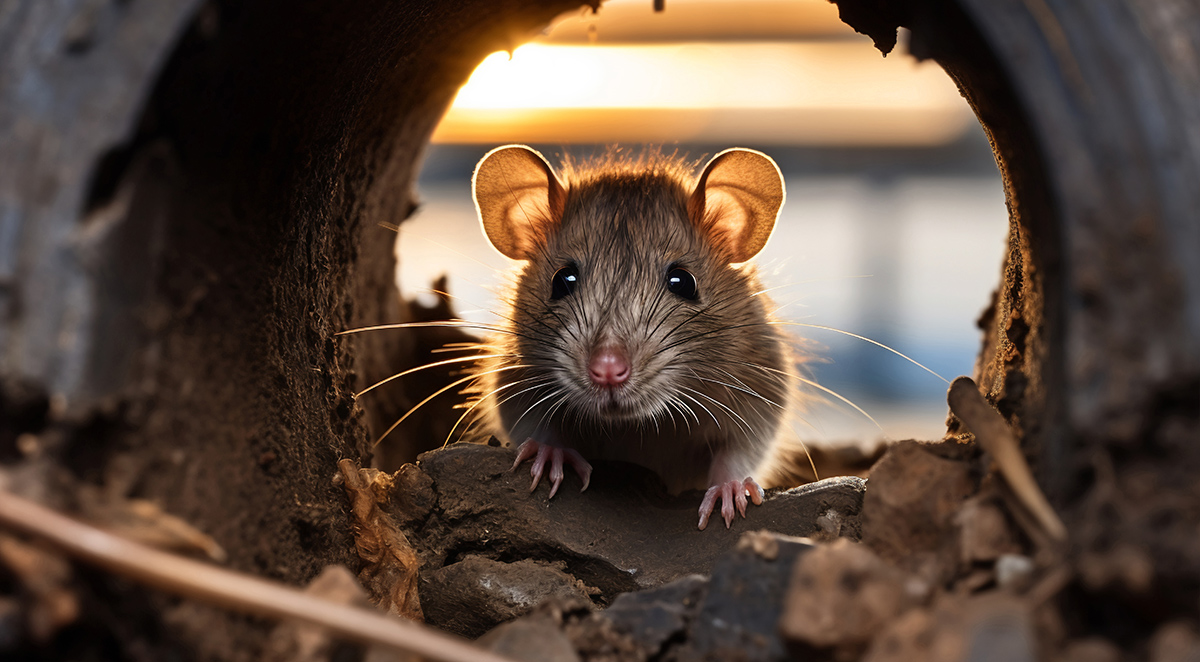Blog
As another year draws to a close, business owners across North Carolina are finalizing budgets, reviewing operational procedures, and setting goals for the months ahead. While marketing strategies and financial forecasts typically dominate year-end planning sessions, one critical aspect of business operations often gets overlooked until a problem arises: comprehensive pest control planning.
When temperatures drop and snow begins to fall, most homeowners stop thinking about termites. After all, pests are a summer problem, right? Unfortunately, this common misconception leaves countless North Carolina homes vulnerable to serious structural damage during the coldest months of the year. The reality is that termites don't take a winter vacation, and neither should your termite protection strategy.
Your home's crawl space might be out of sight, but it shouldn't be out of mind when considering your family's health and comfort. This often-forgotten area beneath your home plays a crucial role in determining both indoor air quality and pest activity throughout your living spaces. Understanding the connection between crawl space conditions and these issues empowers homeowners to make informed decisions about protecting their investment and their family's wellbeing.
Running a successful food service operation requires maintaining strict pest control standards. Winter months bring unique challenges as cold weather pests seek warm shelter and consistent food sources in commercial kitchens. Kitchens are ideal environments for various pests due to constant food preparation, warmth, moisture, and numerous hiding places. Meanwhile, unlike residential settings, commercial operations face strict regulatory requirements and intense scrutiny from health inspectors. Let’s explore how to keep the mice and rats out of the kitchen.
In the food service industry, pest control isn't just about cleanliness—it's about regulatory compliance, customer safety, and business survival. At Neuse Termite and Pest Control, we understand that restaurants and commercial kitchens face unique pest management challenges that require specialized solutions. With our combined 320 years of experience battling pests in commercial environments, we have the expertise to keep your food service establishment pest-free and compliant with health regulations.






